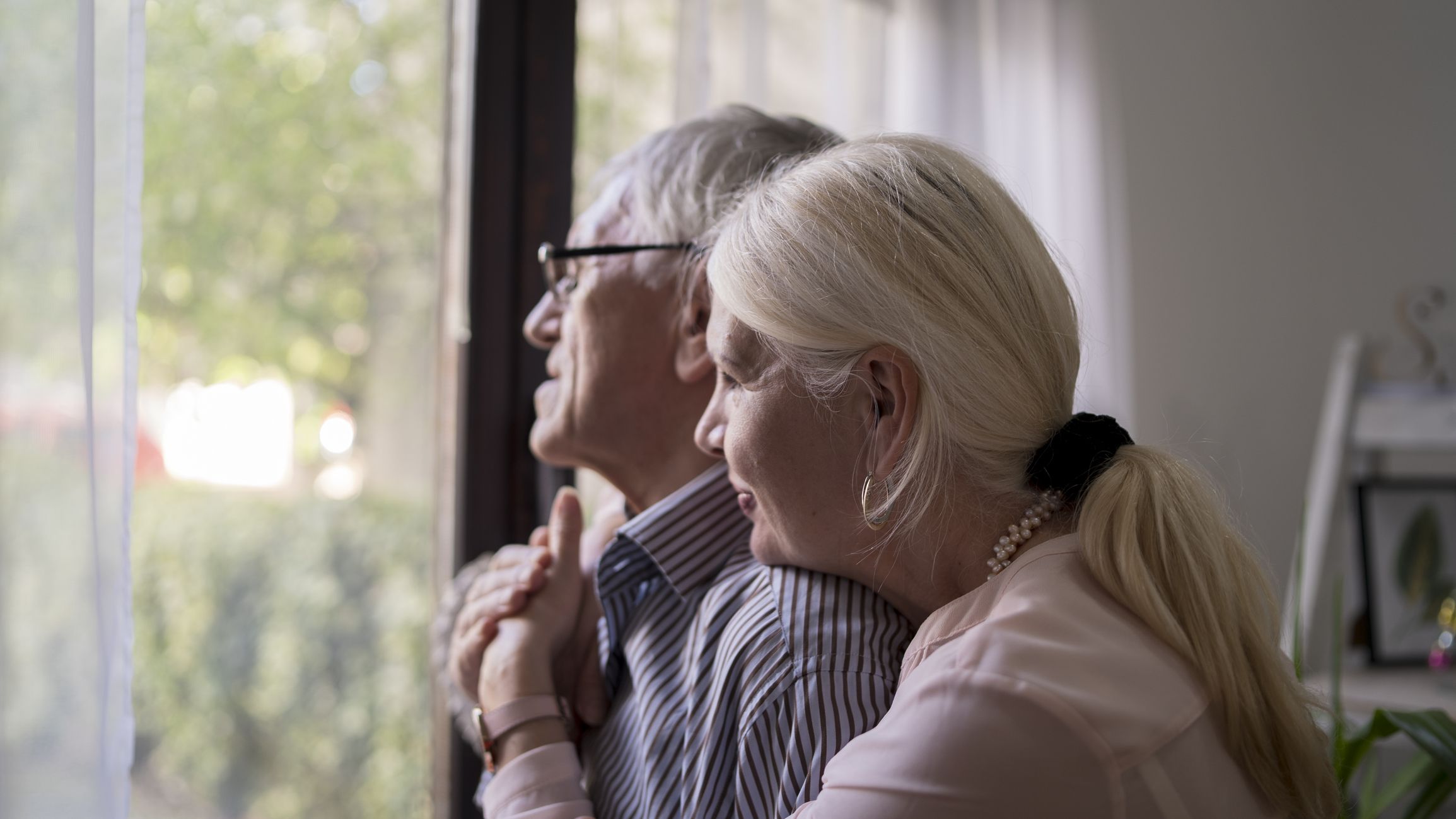Updated on June 11, 2024
It’s traditionally been assumed that depression affects women more than men. In fact, many experts agree that women are twice as likely to experience depression—and women are diagnosed at roughly twice the rate of men. But there may be more to the story.
“Other studies suggest we’re missing diagnoses in men,” says psychiatrist Frank Pavlovcic III, DO, a psychiatrist with Trinity Health Medical Group in Chelsea, Michigan. "When studies take a look at alternative symptoms and when you catch men experiencing these, the rate looks more similar."
A frequently cited 2013 JAMA Psychiatry study, in fact, suggests the rates are actually nearly identical: 30.6 percent of men met the criteria for depression, as did 33.3 percent of women, when depression symptoms commonly associated with men were included.
Here’s what you need to know about this apparent disconnect and why men might be underdiagnosed for depression.
The impact of social stigma
Do men experience stigma when they admit to feeling depressed?
“The short answer is yes,” says Dr. Pavlovcic. “Studies suggest that men with depression are perceived more negatively by both men and women than are women with depression. Some of these studies suggest that men are also perceived as more dangerous, and that they need to simply pull themselves together.”
Many persistent societal norms say that men should be strong, silent types—hardworking, protective, and able to shrug off emotional turmoil.
“It varies from culture to culture, but Western expectations are that men are tough,” says Pavlovcic.
These beliefs tend to carry over in depression. A 2021 article in Frontiers in Psychiatry found that women are more likely to recognize and report minor emotional symptoms than men. This may lead women to being diagnosed and treated earlier for depression.
Men, on the other hand, often wait until they have more severe symptoms before seeking help because they may mask symptoms out of fear of showing weakness. But delaying diagnosis can lead to longer periods of depression, as well as more dramatic symptoms and even greater risk of self-harm.
That’s dangerous, says Pavlovcic, because of the connection between depression and suicide. “Men are three to four times more likely than women to commit suicide, and between 75 and 80 percent of people who commit suicide are men.”
But that stigma may be changing gradually.
Mental health challenges increasingly came into public light as rates of anxiety and depression surged during the COVID-19 pandemic. A 2020 JAMA study analyzing how COVID-19 impacted mental health saw less disparity between men and women. The study found that 33 percent of women and 21 percent of men reported having symptoms of depression during the pandemic.
Symptoms in men are easy to miss
Another reason it’s hard to diagnose men with depression is that they often have nontraditional symptoms.
“There is a constellation of symptoms that is generally associated with depression: sleep disturbances, low energy, apathy, anhedonia (inability to feel pleasure),” says Pavlovcic. And while men do experience these, they're more likely than women to experience alternative symptoms, including anger, alcohol and drug abuse, and risk-taking behavior.
“Even though men complain about things like irritability and impulsivity, that wouldn’t necessarily drive a healthcare provider toward a diagnosis of depression,” Pavlovcic says. “If you ask a man if he’s been feeling depressed, he might say no, he’s been angry, and it’s easy to miss that. Women are more likely to report feeling ‘classic’ symptoms of depression.”
The origins are generally the same
Although men and women often express different symptoms, the causes of depression are similar in both sexes.
“Depression is generally a combination of genetic factors and one or more environmental factors such as poor resilience, possibly a baseline negative temperament, trauma, seasonal sensitivity, medication, and medical issues,” says Pavlovcic. There is one exception, though. “In women, hormone fluctuation during menopause or pregnancy can also contribute to depression.”
The importance of seeking help
As difficult as it is for mental health professionals to diagnose people—especially men—with depression, it can be even more difficult for someone to self-diagnose. It’s all about looking for patterns, says Pavlovcic.
“Individuals often miss the forest for the trees,” he says. “You’re not just down because you’ve had a bad day, you’re stuck down. Sometimes it takes a lot to recognize persistent patterns.” Pavlovcic adds that family and friends are often in a better position to recognize when something is off.
While their symptoms may be different, there’s not much difference between men and women when it comes to treatment.
“Studies show men and women with depression respond similarly to the standard treatments of medication and therapy,” says Pavlovcic. But, he adds, it’s important to start treatment as soon as you realize there’s a problem. “It’s best to treat depression early. If you wait to get treatment it can get worse.”
Above all, if you or anyone you know has expressed suicidal thoughts or a desire to harm themselves, do not leave that person alone. Reach out to the 988 Suicide & Crisis Lifeline by calling, texting, or chatting to 988. Or, call 911 right away.






